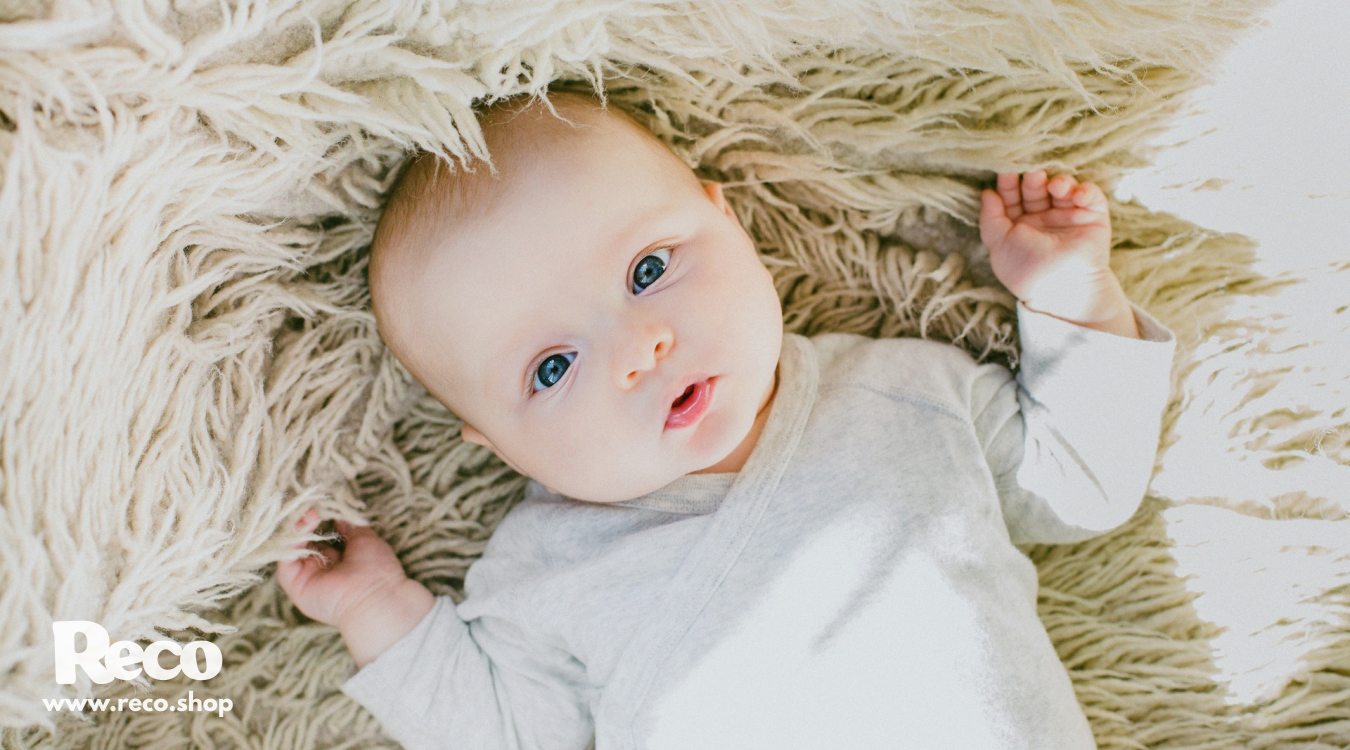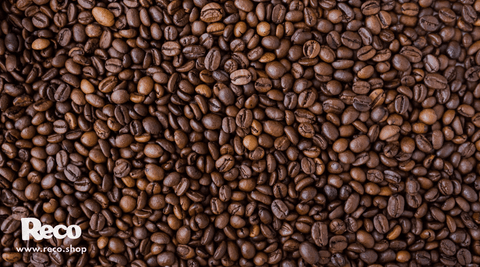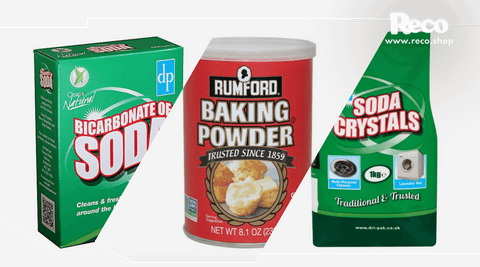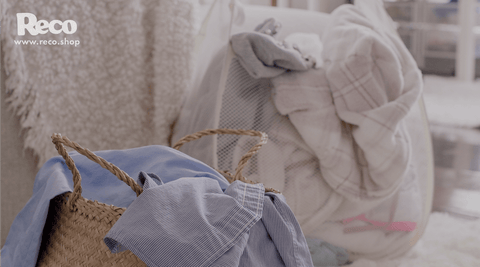
If you’re an expectant or new parent, I’ll bet that there is a lot going on.
The baby’s wellbeing will be at the forefront of your mind, followed by answering friends’ and relatives’ questions and, of course, making sure that everything is in place for the new arrival.
It can be very easy to forget about being eco-friendly when you’re about to have a child. However, if expectant parents take the time to sort through eco-friendly baby products and other tips on how to be eco friendly when raising a child, they will find it incredibly beneficial to the baby’s upbringing.
Not only will the parents eliminate a huge amount of waste - as babies go through a lot of stuff - but by adopting an eco-friendly mindset from the baby’s birth, you will be raising your children in the best kind of way.

Why not begin your eco-friendly baby upbringing before they are even born - with the baby shower? These eco-friendly baby shower ideas will help you mark the key celebration in a much more sustainable way to normal.
Some things that you can consider are:

Many people want new everything when they have a baby. However, newborns grow so fast, and you’ll find that many clothing items might only be used once or twice before your baby is a toddler!
It’s tempting to buy lots of baby clothes, but it can be very detrimental to the environment - and your wallet - to keep buying new clothes.
Do you know anyone who has had a baby in the last six months? If so, why not ask them if they have any clothes that their baby doesn’t use any more? They will probably be really grateful to get rid of them, and you’ll have some great new clothes!
You can also do this for baby items like cots and pushchairs, if you know anyone who has a child who has recently grown out of this stage.
f you don’t know anyone with a baby or small child, think about getting some clothes and baby gear from charity shops or on apps that encourage borrowing or giving away items, like Olio and Freegle.

3 billion nappies are thrown away each year in the UK (source: Wrap UK), so avoiding disposable nappies - or using much more sustainable options - is a fantastic way to be a more eco-friendly parent.
Reusable nappies are made out of cloth, are well padded for absorbance and are fastened with velcro or poppers.
Once used, a nappy just needs to be thrown into a hot wash at about 60 degrees, which will clean and sanitize them - the material that they are made of gets rid of waste quickly. After usage, the nappies also biodegrade a lot quicker than general disposable nappies.
Prospective parents will need about 20 reusable nappies to keep a baby going, which can cost between £200-£300. However, it is estimated that disposable nappies cost £800 over the whole course, so it does work out cheaper in the long run.
Head over to Mossy Earth for a more in-depth look at reusable vs disposable nappies.

Another important eco-swap to consider when rearing a baby is wet wipes. 90% of wet wipes contain plastic (source: Edie), meaning that they take a long time to decompose.
As you will probably end up using wet wipes a lot, choosing sustainable alternatives can make a huge difference. Make sure to choose wipes that are made with bamboo fabric or cotton, and that are fragrance and chemical free -a great option is Pura.

It’s important to make sure that your baby has the appropriate diet for their age, whether that be breast milk or formula. However, once your baby is onto mashed foods, consider making your own rather than relying on store-bought baby food.
This kind of food often has a lot of packaging, and can include chemicals and additives. Pureeing vegetables and other foods can make great sustainable baby products to use as an alternative. There are some great tips on making your own baby food here.

Sustainable baby products include toys made with natural material and dyes, and without more packaging than needed. Where possible, opt for plastic free baby products, and extra points if the toys are homemade by a local company!
Or opt for a service like Toy Box Club, which is a service providing a toy box each month, swapping the last month’s for a different one when it is delivered. This stops a mountain of toys building up in the home, and repurposes things that your kids may have got bored of.

It’s no secret: babies are messy, and you are going to have to do a lot of washing. You might not be used to doing so much, so often, and it might be a bit overwhelming to your eco-friendly mindset at first!
But there are plenty of ways that you can make sure laundry time is less overwhelming:

Glass bottles used to be the equipment of choice for babies - but when plastic bottles proved themselves to be easier to use and less prone to breaking, they quickly took over. However, in recent years, research has shown that plastic baby bottles could have toxins in - and of course, they aren’t great for the environment too.
Glass bottles are still an option, but the breakability issues are still prevalent - even with the shatterproof varieties. Pura Stainless, however, was created by a mum and dad who were frustrated with the lack of sustainable bottles on the market. Their baby bottle is made of stainless steel and silicone and is 100% plastic free. They also offer sippy cups and other products for continuous child development.

Children should spend time outside, even when they are babies. Enjoy a natural, eco-friendly day out by taking your baby to the local park in a pram, or trying to figure out a short walk from your door.
Time outside appreciating nature will be hugely beneficial to the baby’s development, and any hours that you aren’t in the house are hours that you won’t be spending consuming electricity! Once your baby is bigger, you could even think about longer hikes or camping trips for holidays.

We do advise to use hand me downs or charity shops where possible - but we understand that it isn’t always for everything. If you do need to purchase some new clothes, think about avoiding high street chains and supporting small businesses who make eco friendly baby clothes.
Babiroo is an example; based in Devon, this store makes organic baby essentials including clothes from organic Egyptian cotton, with no pesticides.
They focus on creating products that will be kind to your baby’s skin, whilst thinking about the planet. All of their items are fairtrade, ensuring that they are made in good working environments, and they have their own charity: every item bought buys a meal for a hungry child somewhere around the world.
These tips will help you omit a lot of waste when you have a baby.
But remember, it doesn’t stop there - the best gift you can give your child is raising them with an eco-conscious mindset.
While your baby might not be able to remember the efforts you made to be sustainable while they were young, it will leave an impression on them, and they will likely adopt these practices subconsciously and use them in their life for many years to come.
Having a baby is one of the most magical things that can happen to anyone. Ensuring that their first years are as eco-friendly as possible is hugely beneficial not just to the environment, but to the baby’s entire life.
By making sure that your baby avoids the toxins in plastic and disposable items, they may find themselves a lot healthier than they would be otherwise. Similarly, encouraging a sharing mindset is hugely beneficial for child development.
And of course, there are the eco-friendly benefits as well - which is probably why you got into all of this in the first place! Having a baby doesn’t have to mean a load of waste, and hopefully this article has shown you how.
Comments will be approved before showing up.


